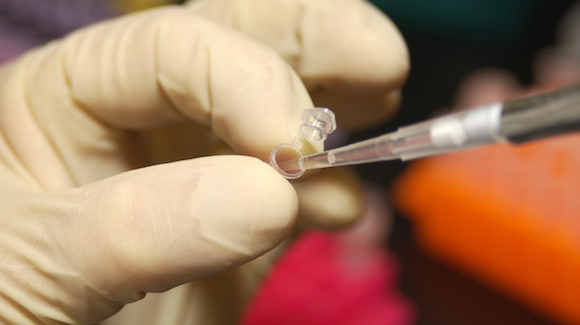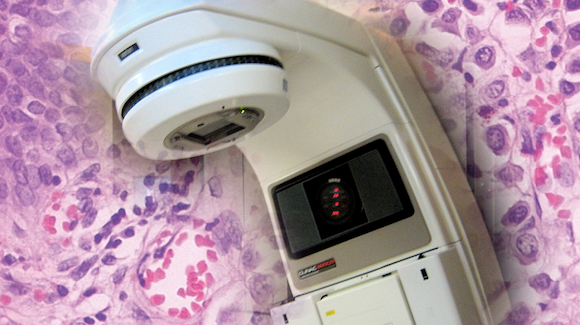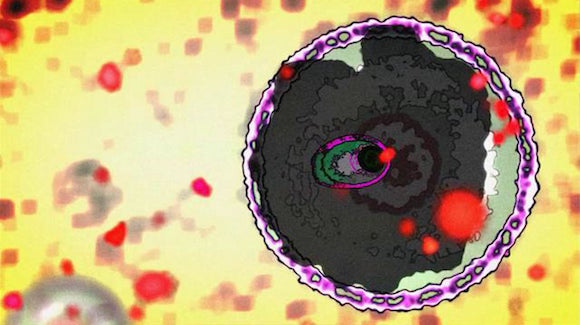Patients undergoing immunotherapy can be separated into 2 groups according to how their cancer responds to treatment: hyper-progression or super-responders. Hyper-progression defines cancers that grow rapidly after initiating immunotherapy. Conversely, super-responders show a positive response to treatment initiation, making long-term remission a possibility.
A recent phase 1 trial revealed hyper-progression across all cancer types occurred more often in elderly patients with low baseline tumor burden. Additionally, in super-responders the trial found a correlation between higher tumor burden and the subsequent immune system response to reactivation following treatment initiation. Going forward, this new information may help doctors better determine which patients will actually benefit from immunotherapy treatment.
References: McNamara D. Some Cancer Patients ‘Hyperprogress’ on Immunotherapy. Medscape website. http://www.medscape.com/viewarticle/877048#vp_1. Published 09 March 2017. Champiat S, Dercle L, Ammari S, et al. Hyperprogressive Disease Is a New Pattern of Progression in Cancer Patients Treated by Anti-PD-1/PD-L1. Clin Cancer Res. 2016 Nov 8. doi: 10.1158/1078-0432.CCR-16-1741. [Epub ahead of print]





